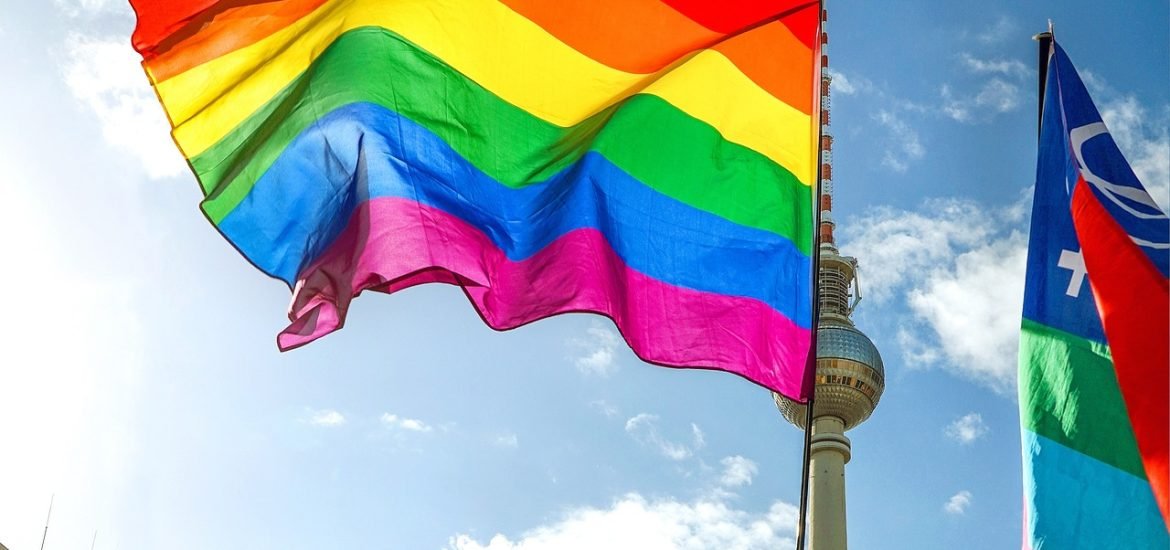
People show less stigma against the LGBTQ (lesbian, gay, bisexual, transgender, and queer) than what might be expected from social and media perceptions, according to a study to be presented at the ECNP conference in Milan. However, patients with mental health disorders continue to experience high levels of stigma and discrimination.
“Our aim was to look at the level of stigma against LGBTQ people in British society and also to look at stigma against people with mental health problems. This is the first such survey to compare what society thinks to what individuals think about minority groups, the results surprised us,” said Professor Karen Ersche from the University of Cambridge.
The Cambridge team conducted two separate studies to measure the levels of perceived and real discrimination in the UK.
For the first study, the authors questioned 264 people about how they feel that mental health problems are perceived by society. The researchers subdivided participants into two groups: those who experienced close contact with people with mental health problems and those who didn’t. One of the questions was how they personally felt about people with mental health problems. For the second study, the team asked 124 people similar questions about how they felt society perceives the LGBTQ community and how they felt about it personally.
“It’s difficult for people to admit to any prejudice against a particular group, so we first asked participants what levels of stigma exist in society- this gave them a reference point. In each case, we found that respondents perceived society to be less accepting of LGBTQ orientation or mental health problems than they themselves were,” said Mr Charlie Evans from the University of Cambridge, who conducted the study. “We found that the societal level of stigma against LGBTQ people was less than we might have expected. Personal and societal stigma against LGBTQ people is less than the level perceived against people with mental health problems.”
The authors want to find out why people with mental health disorders tend to experience more stigma than the LGBTQ community. “I think this throws up two questions. Why is societal mental health stigma perceived more strongly than LGBTQ stigma? And why do people with mental health problems self-stigmatise more than LGBTQ people? Perhaps this has something to do with the idea that a mental health problem is experienced as a personal deficit rather than an identity; there are no ‘mental health pride” celebrations, for example.
Our work may suggest that different approaches are needed to reduce stigma. It seems awareness campaigns have helped reduce LGBTQ stigma, given that prior contact with LGBTQ people tends to reduce stigma, but this effect is less marked with mental health stigma. We need to be open in looking for what works with overcoming mental health stigma. It may also be useful to undertake similar studies throughout Europe to understand what level of stigma exists in different countries,” concluded the researcher.